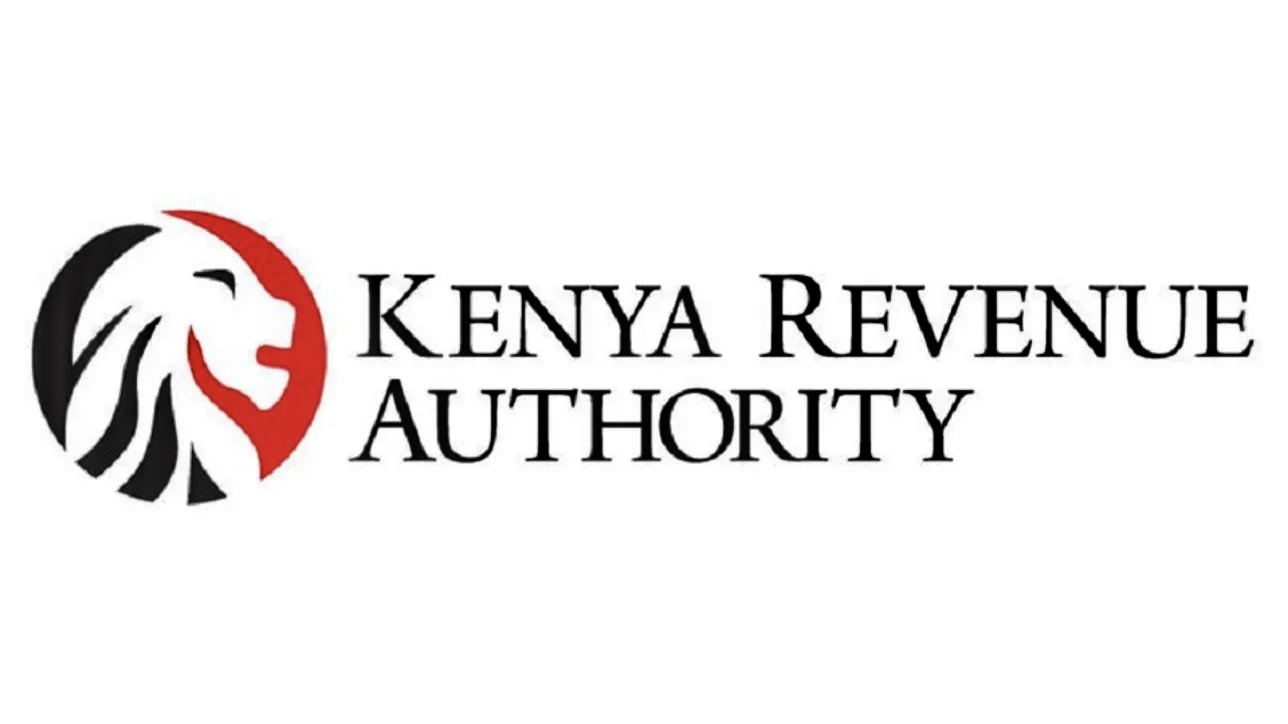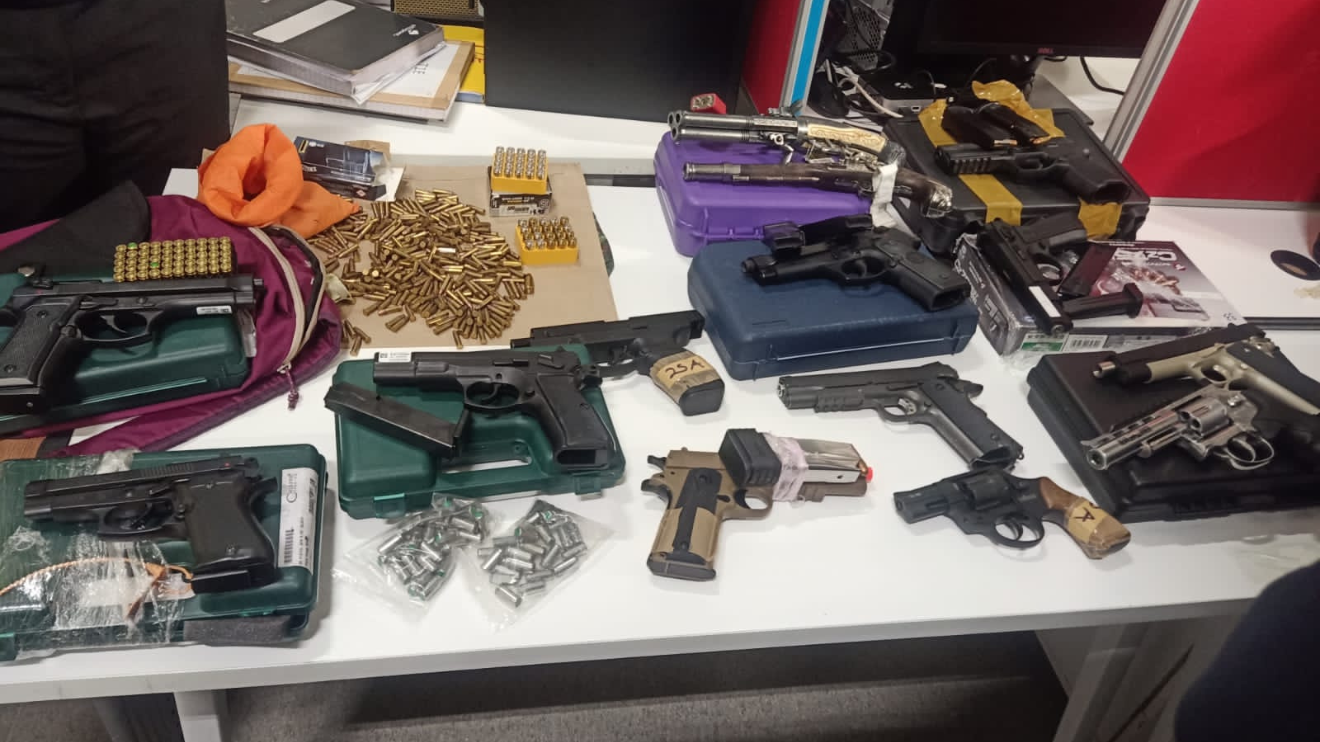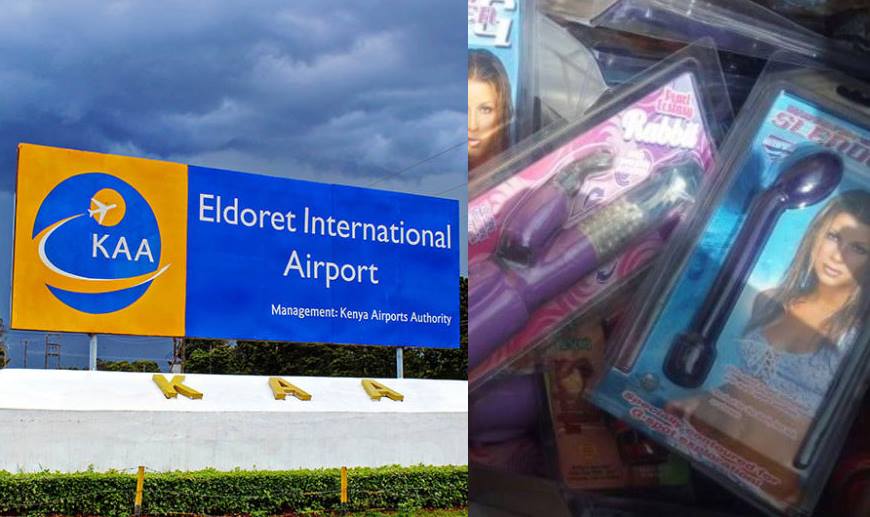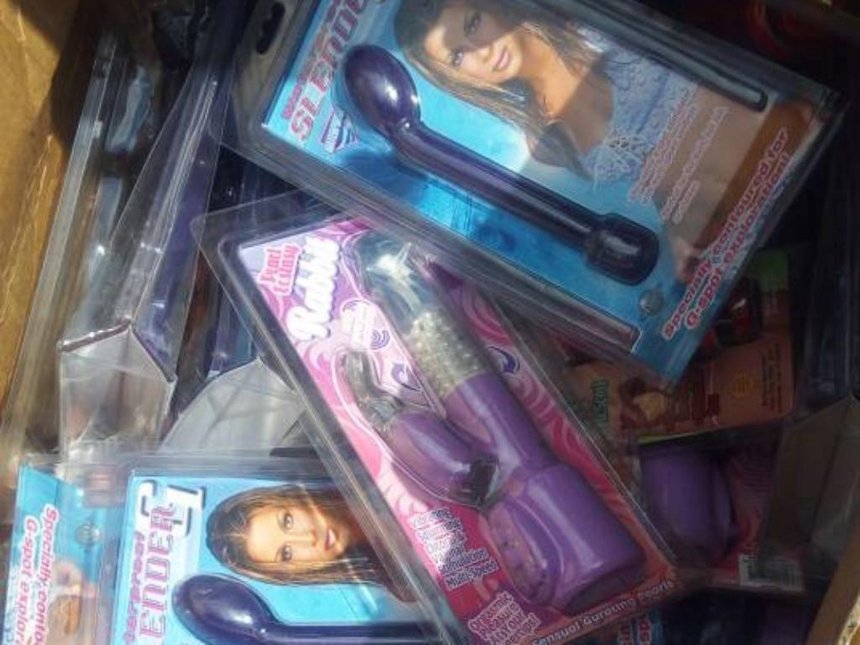According to a report by the Star, the tax authority plans to gain full access to individuals’ M-Pesa and bank accounts as part of a new strategy to combat tax evasion. This initiative involves amending existing laws to uncover previously undisclosed sources of income, as the government seeks additional revenue without resorting to syndicated loans.
CHECK OUT:
Details of this move have emerged as President William Ruto’s administration proposes new tax measures, which critics argue will disproportionately affect low- and middle-income earners. The proposed amendments are outlined in the Finance Bill of 2024, which seeks to exempt the Kenya Revenue Authority (KRA) from restrictions on accessing taxpayers’ private data.
The amendment grants KRA the authority to compel banks and telecommunication companies to provide customers’ financial transaction statements. This means that taxpayers could face tax demands if their financial activities exceed declared tax amounts. However, obtaining evidence illegally from private individuals’ data has often been dismissed by judges, posing a challenge to investigators.
ALSO CHECK OUT:
The government aims to collect over Sh350 billion more in tax revenues this fiscal year to reduce the deficit in its Sh3 trillion budget. To achieve this, traders would be required to disclose sales to KRA and integrate the electronic tax system (e-Tims). Non-compliance with electronic document submission could result in fines of up to Sh2 million per month.
In addition to granting new powers to KRA, the proposed tax law appears to target the middle class extensively. For example, companies supplying goods to government agencies would be subject to tax, and excise duty on telephone and internet data services could increase from 15% to 20%, potentially impacting data costs and Kenya’s digital economy plan.
Banking services, previously exempt from VAT, would now attract VAT and excise duty, leading to potentially higher bank charges. Foreign exchange transactions could also be subject to taxes, affecting forex bureaus and import prices. Although most household goods may be spared from taxation, bread would no longer be zero-rated, potentially increasing consumer costs.
In summary, the proposed tax amendments signify significant changes in revenue collection and taxation policy, with potential implications for various sectors and consumers.









